Listen to the Music of the Traffic in the City
“The song written by an Englishman about an American city whose promise of togetherness really yields loneliness sung by a white Parisian woman everyone thought was black.”
~ From “Pop Music: Songs that Cross Borders,” Radiolab, April 21, 2008
When you're alone and life is making you lonely
You can always go - downtown
When you've got worries, all the noise and the hurry
Seems to help, I know - downtown
Just listen to the music of the traffic in the city
Linger on the sidewalk where the neon signs are pretty
How can you lose?
The lights are much brighter there
You can forget all your troubles, forget all your cares
So go downtown, things'll be great when you're
Downtown - no finer place, for sure
Downtown - everything's waiting for you
Don't hang around and let your problems surround you
There are movie shows - downtown
Maybe you know some little places to go to
Where they never close - downtown
Just listen to the rhythm of a gentle bossa nova
You'll be dancing with him too before the night is over
Happy again
The lights are much brighter there
You can forget all your troubles, forget all your cares
So go downtown, where all the lights are bright
Downtown - waiting for you tonight
Downtown - you're gonna be all right now
[Instrumental break]
And you may find somebody kind to help and understand you
Someone who is just like you and needs a gentle hand to
Guide them along
So maybe I'll see you there
We can forget all our troubles, forget all our cares
So go downtown, things'll be great when you're
Downtown - don't wait a minute for
Downtown - everything's waiting for you
Downtown, downtown, downtown, downtown ...
* * * * *
Listen to the whole fascinating Radiolab episode:

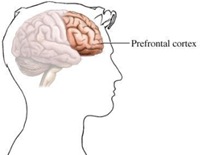 Through his experience in working with brain trauma,
Through his experience in working with brain trauma,  College is your chance to see what you’ve been missing, both in the outside world and within yourself. Use this time to explore as much as you can.
College is your chance to see what you’ve been missing, both in the outside world and within yourself. Use this time to explore as much as you can. 




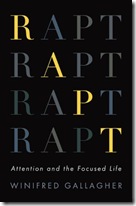
 potential, we too often take the lazy way out, settle for less, and squander our mental money and precious time on whatever captures our awareness willy-nilly, no matter how disappointing the consequences.
potential, we too often take the lazy way out, settle for less, and squander our mental money and precious time on whatever captures our awareness willy-nilly, no matter how disappointing the consequences. 
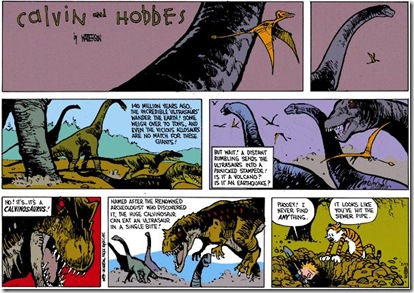



 So the plumber who reaches up inside of the wall of an old building where he cannot see and he can only feel, and through feeling around the structures in there, feeling the rust, feeling moisture if there's any, feeling the way the thing is structured, he's visualizing what's back there that he can't see and then bringing a knowledge base to bear on trying to figure out what the problem may be. Think of what a complex set of mental operations are involved in that.
So the plumber who reaches up inside of the wall of an old building where he cannot see and he can only feel, and through feeling around the structures in there, feeling the rust, feeling moisture if there's any, feeling the way the thing is structured, he's visualizing what's back there that he can't see and then bringing a knowledge base to bear on trying to figure out what the problem may be. Think of what a complex set of mental operations are involved in that.  job, let's say. And the stylist — and this woman said this to me when I was watching her work — she said, "The first thing I asked myself was what was that previous stylist trying to accomplish?" So what an interesting question to ask.
job, let's say. And the stylist — and this woman said this to me when I was watching her work — she said, "The first thing I asked myself was what was that previous stylist trying to accomplish?" So what an interesting question to ask. 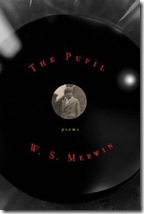 Heart
Heart 



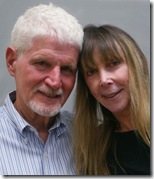
 The Friday before the World Trade Center attack, John Patrick Gallagher, an electricity trader at Cantor Fitzgerald, played hooky from work so he could treat his wife, Francine, and 2- month-old son, James Jordan, to a day at the
The Friday before the World Trade Center attack, John Patrick Gallagher, an electricity trader at Cantor Fitzgerald, played hooky from work so he could treat his wife, Francine, and 2- month-old son, James Jordan, to a day at the 








 The white screen is not something that you can actually attain; it is something you always have. The reason you don't feel you have it is because your mind is too busy to realize it. Once in a while you should stop all your activities and [notice your] screen. That is zazen. That is the foundation of our everyday life and our meditation practice.
The white screen is not something that you can actually attain; it is something you always have. The reason you don't feel you have it is because your mind is too busy to realize it. Once in a while you should stop all your activities and [notice your] screen. That is zazen. That is the foundation of our everyday life and our meditation practice.
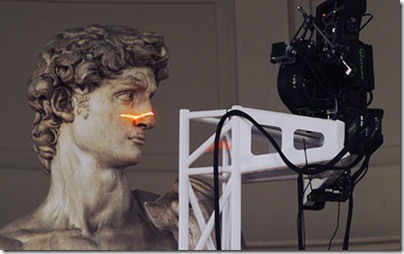




 mountain. A dragonfly had settled on the denuded tip of a pine bough. It clung, still as only a dragonfly can be. Then it flicked upward and caught a midge and settled on the bough again, adjusting precisely into the wind. I see the dragonflies quivering through the insect clouds above my pasture, too. I always notice that there’s no such thing as really looking.
mountain. A dragonfly had settled on the denuded tip of a pine bough. It clung, still as only a dragonfly can be. Then it flicked upward and caught a midge and settled on the bough again, adjusting precisely into the wind. I see the dragonflies quivering through the insect clouds above my pasture, too. I always notice that there’s no such thing as really looking. 
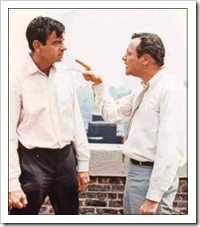 “I must learn to love the fool in me, the one who feels too much, talks too much, takes to many chances, wins sometimes and loses often, lacks self control, loves and hates, hurts and gets hurt, promises and break promises, laughs and cries. It alone protects me against that utterly self controlled, masterful tyrant whom I also harbor and who would rob me of human aliveness, humility, and dignity but for my fool.”
“I must learn to love the fool in me, the one who feels too much, talks too much, takes to many chances, wins sometimes and loses often, lacks self control, loves and hates, hurts and gets hurt, promises and break promises, laughs and cries. It alone protects me against that utterly self controlled, masterful tyrant whom I also harbor and who would rob me of human aliveness, humility, and dignity but for my fool.”  Many people want the ability to focus more and feel like they’re losing the ability to focus on a particular task for long periods of time. We feel like we’re losing that ability.
Many people want the ability to focus more and feel like they’re losing the ability to focus on a particular task for long periods of time. We feel like we’re losing that ability. 



